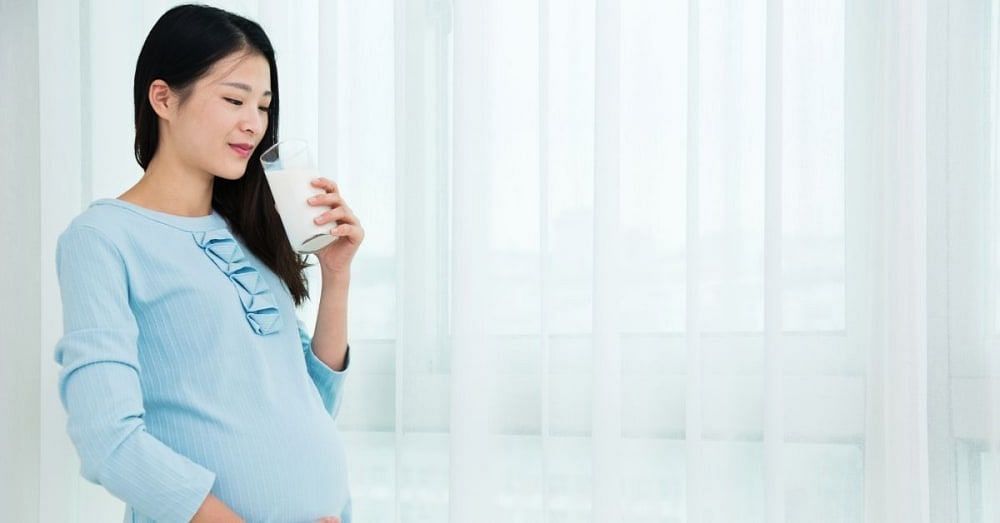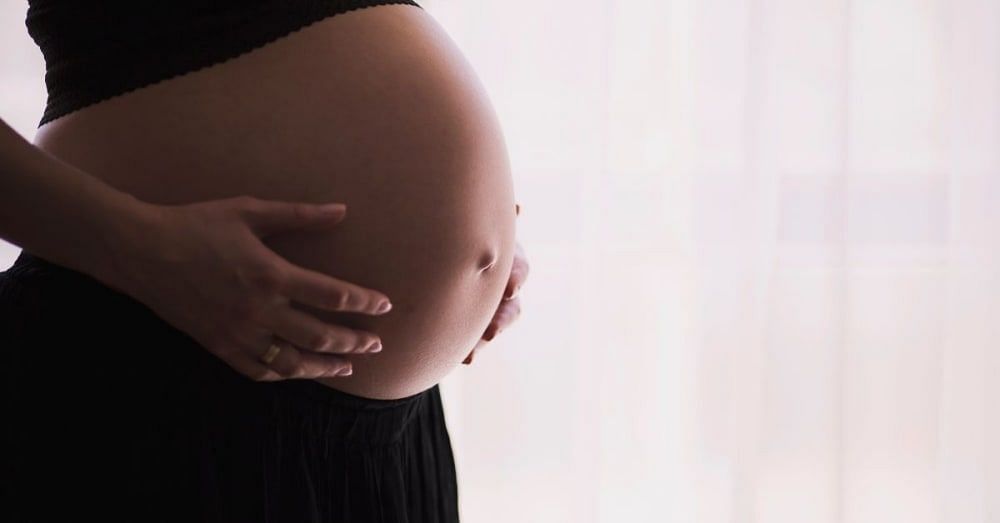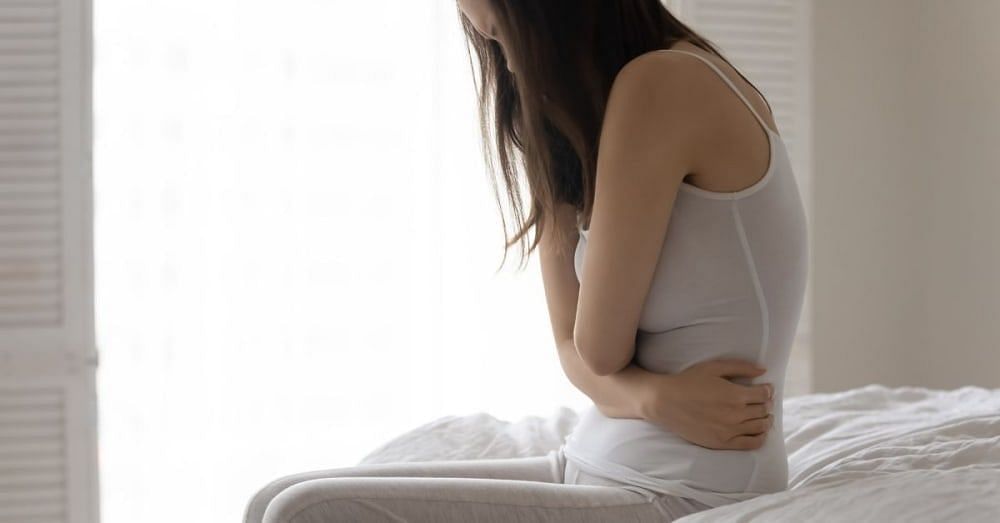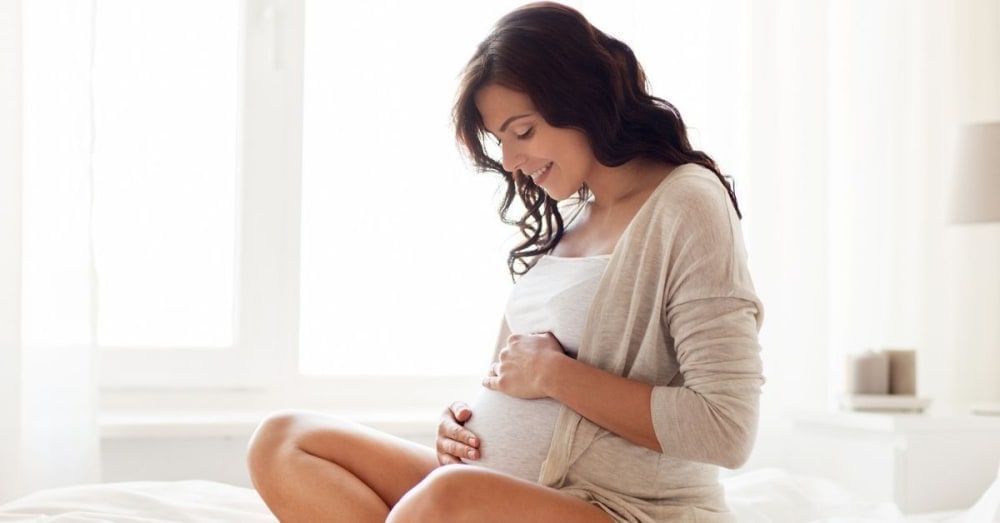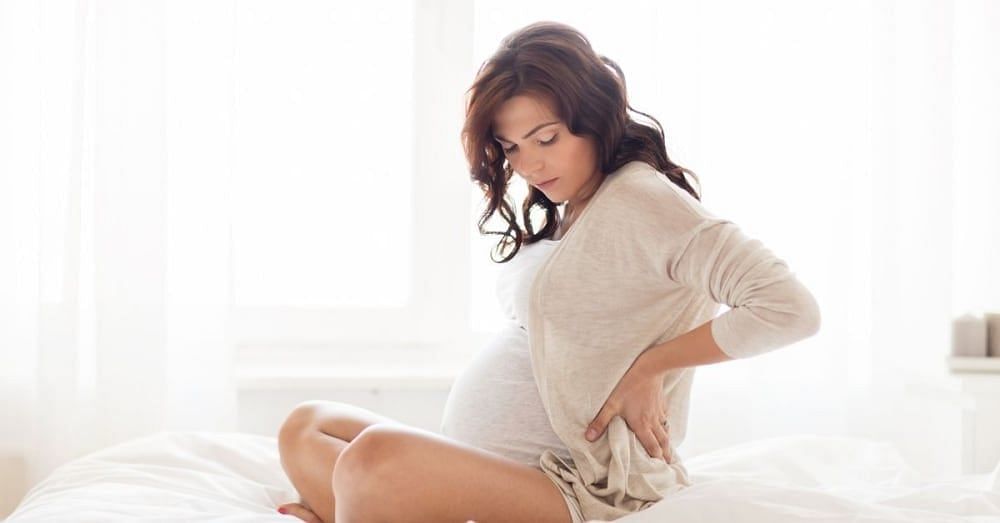One of the most common questions asked by couples is whether I-pill affects their fertility and ability to conceive. At this point in time, most couples feel vulnerable and confronting their infertility concern is an uphill task.
Basically, it is an emergency contraceptive pill that works by releasing levonorgestrel or ulipristal acetate into a female's body. This delays ovulation by delaying the release of an egg. But let's take a look at the most commonly asked question related to it -
I Pill Side Effects on Future Pregnancy
Here is your answer- No, using the morning-after pill, also known as the I-pill, will not adversely affect a woman's fertility or future pregnancies. Her fertility will not be affected by using the emergency pill in the future.
It is safe to use emergency contraceptives whenever it is necessary. However, I-pill is not recommended as an effective means of pregnancy prevention because it does not provide the same result as pills, IUDs, patches, rings, and shots.

I Pill Side Effects
This tablet is generally safe if taken responsibly. However, some side effects may occur, including:
- Cramps of the Stomach
- Headaches
- Nausea
- Tiredness
- Irregularities in Menstruation (delayed or early periods)
- In the menstrual cycle, this can cause abnormalities
- It can result in abnormal or unpredictable vaginal bleeding or discharge.
- Levonorgestrel, which can induce allergies in women, is the active component of this pill.
- It may cause physical pain, such as dizziness fatigue, and breast tenderness.
Also Read: How to Use Unwanted Kit? Price, Uses, Side Effects, More

So…. In a Nutshell
Generally, your menstrual cycles should return within three months of stopping hormonal birth control. Experts agree that hormonal contraception does not cause infertility, so you can use birth control to avoid pregnancy now without adversely affecting your ability to conceive later. No matter your plans, talking with a healthcare professional is always the best course of action.


